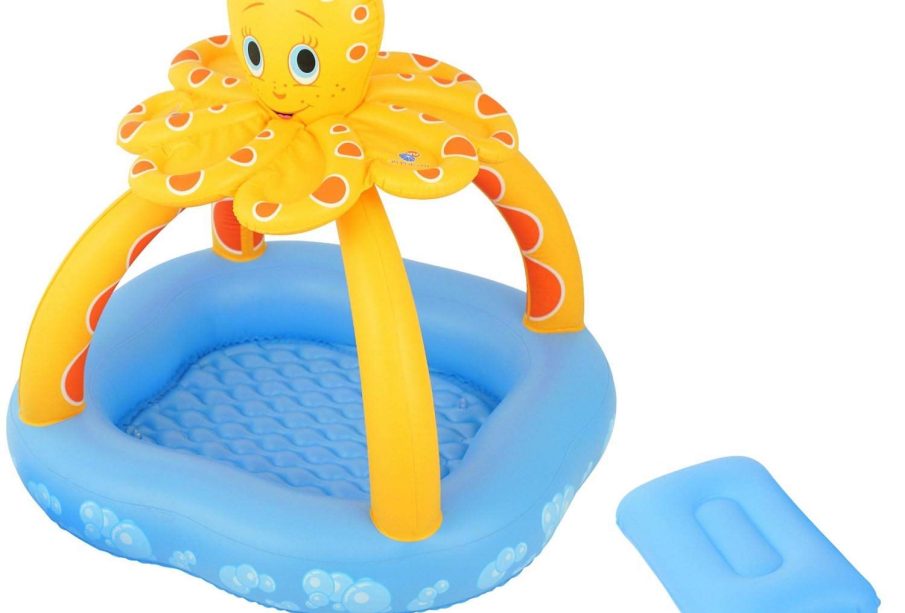Discover the Fascinating World of Octopus

Introduction
Octopuses are not only some of the most intriguing creatures in the ocean but also remarkable examples of intelligence and adaptability. Found in various marine environments, their unique biological properties and behaviors make them a focal point for marine biologists and ocean lovers alike. In light of recent studies and discoveries, understanding octopus behavior has never been more relevant, as it sheds light on marine ecosystems and the impact of climate change.
Octopus Biology and Behavior
There are over 300 species of octopuses, ranging from the common octopus to the Giant Pacific octopus. These cephalopods are known for their soft bodies, which allow them to squeeze through tight spaces and hide from predators. One of the most notable features of octopuses is their ability to change color and texture, thanks to specialized cells called chromatophores. This ability is essential for camouflage, communication, and even hunting.
Octopuses are incredibly intelligent and are known to exhibit a wide range of complex behaviors, including problem-solving and using tools. Recent research has revealed that they can navigate mazes, unscrew jar lids to access food, and even mimic other species to evade predators. Scientists believe that studying octopus intelligence could provide insights into the evolution of brain function and consciousness.
Importance in Ecosystems
As apex predators in their environments, octopuses play a critical role in maintaining the balance of marine ecosystems. They help control populations of crustaceans and fish, contributing to the overall health of the ocean. However, their populations are under threat due to overfishing, habitat destruction, and climate change. Warming ocean temperatures and acidification pose significant risks to their survival, leading to a decline in some octopus species.
Conservation Efforts
Recognizing the importance of octopuses, conservationists are working to promote sustainable fishing practices and protect their habitats. Additionally, various marine reserves are being established to safeguard these creatures from human activity. Public awareness campaigns are also vital in educating communities about the need to protect the marine environment and its inhabitants.
Conclusion
Understanding the complexities of octopus biology and behavior not only enhances our knowledge of marine life but also emphasizes the importance of protecting these incredible creatures. As climate change continues to affect our oceans, ongoing research and conservation efforts will be crucial in ensuring that octopuses and the ecosystems they inhabit can thrive for generations to come. By fostering a deeper appreciation for octopuses, we can encourage responsible actions towards ocean conservation.









